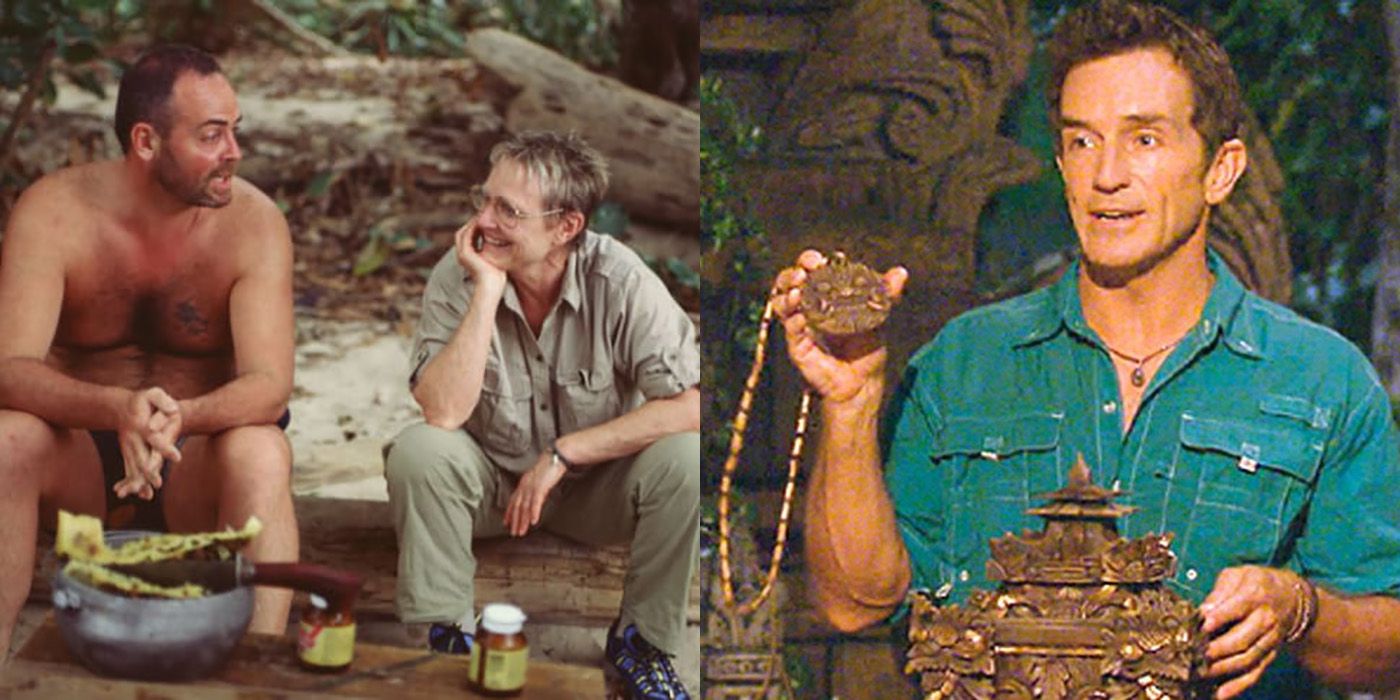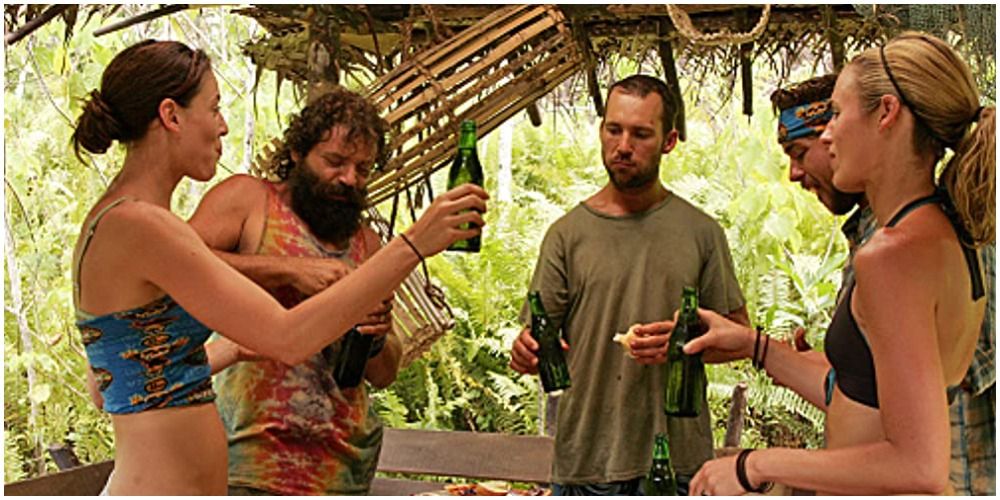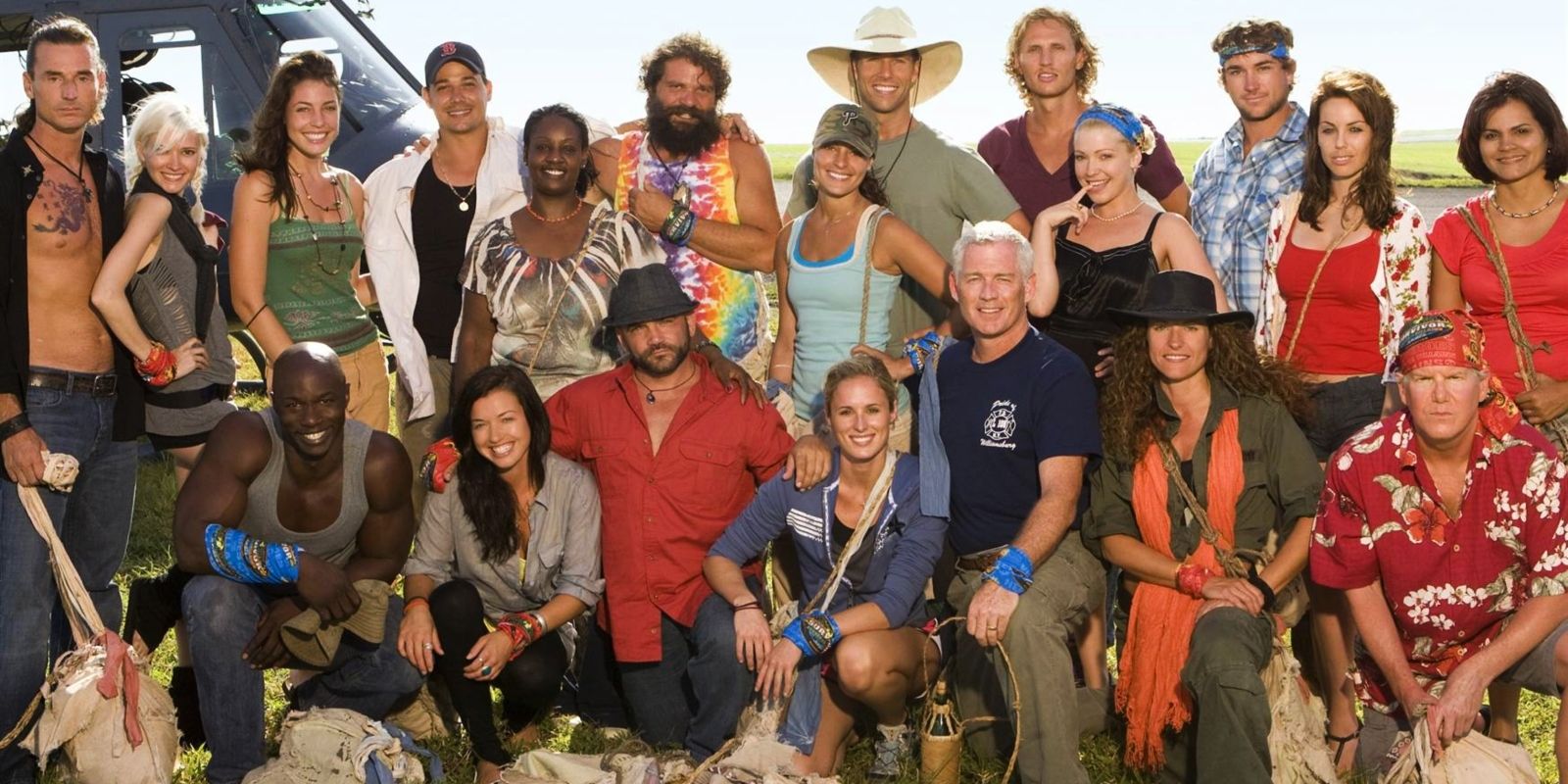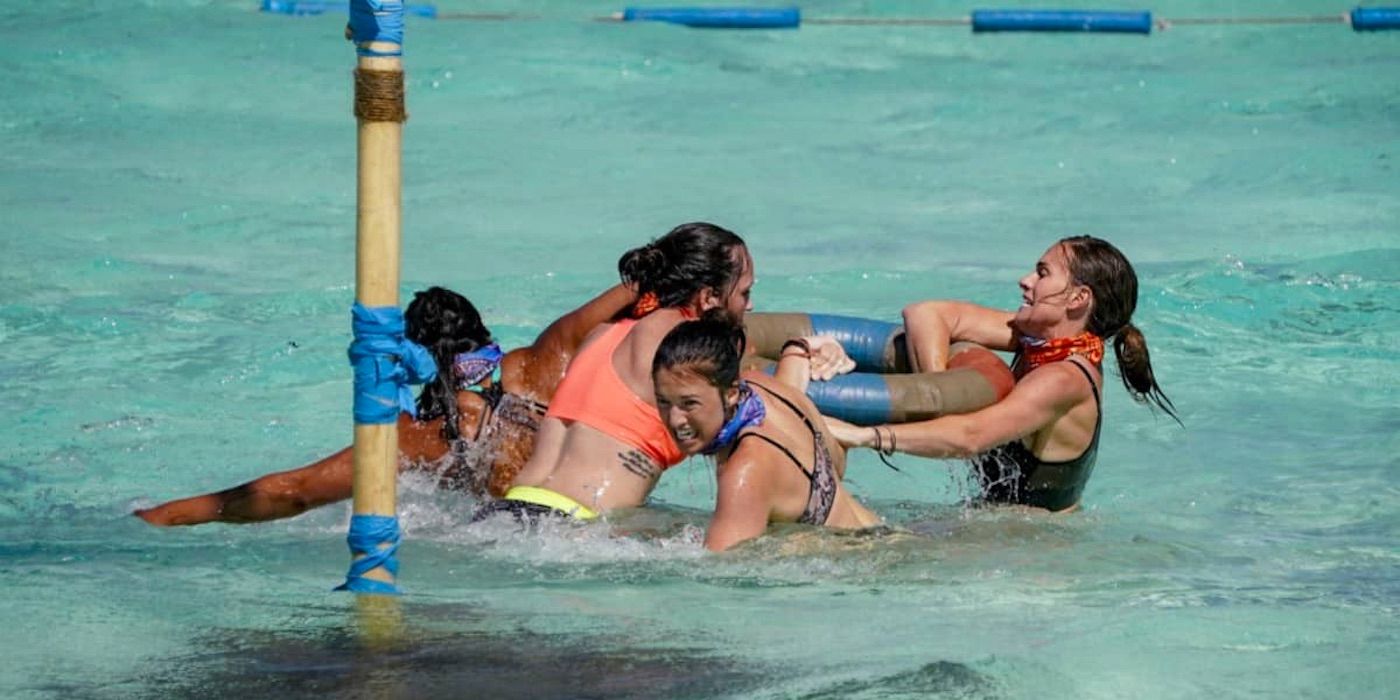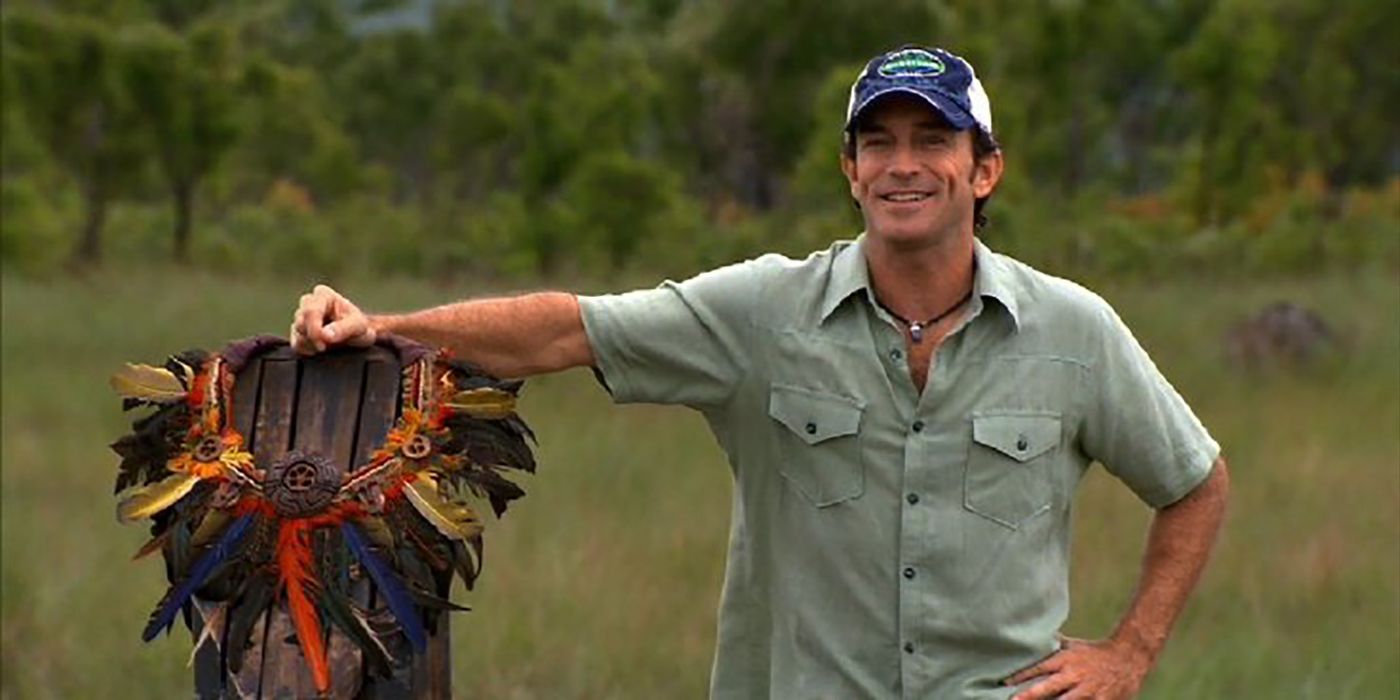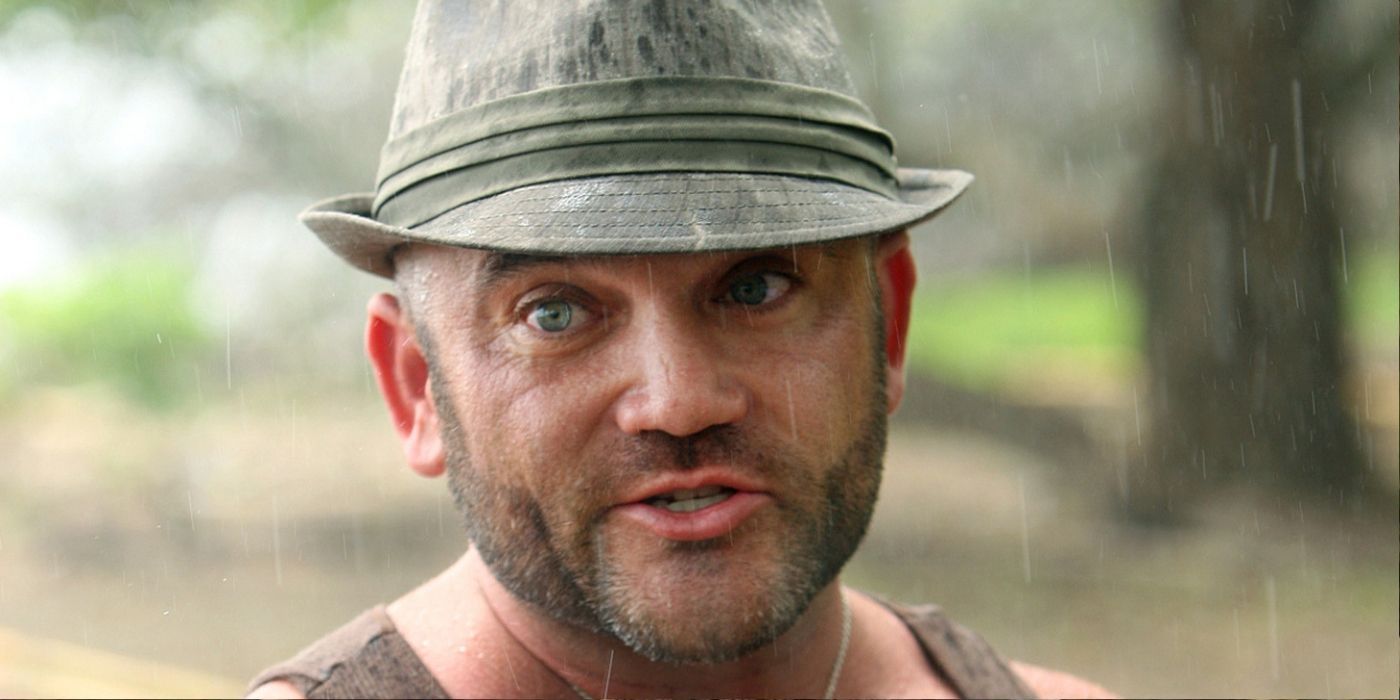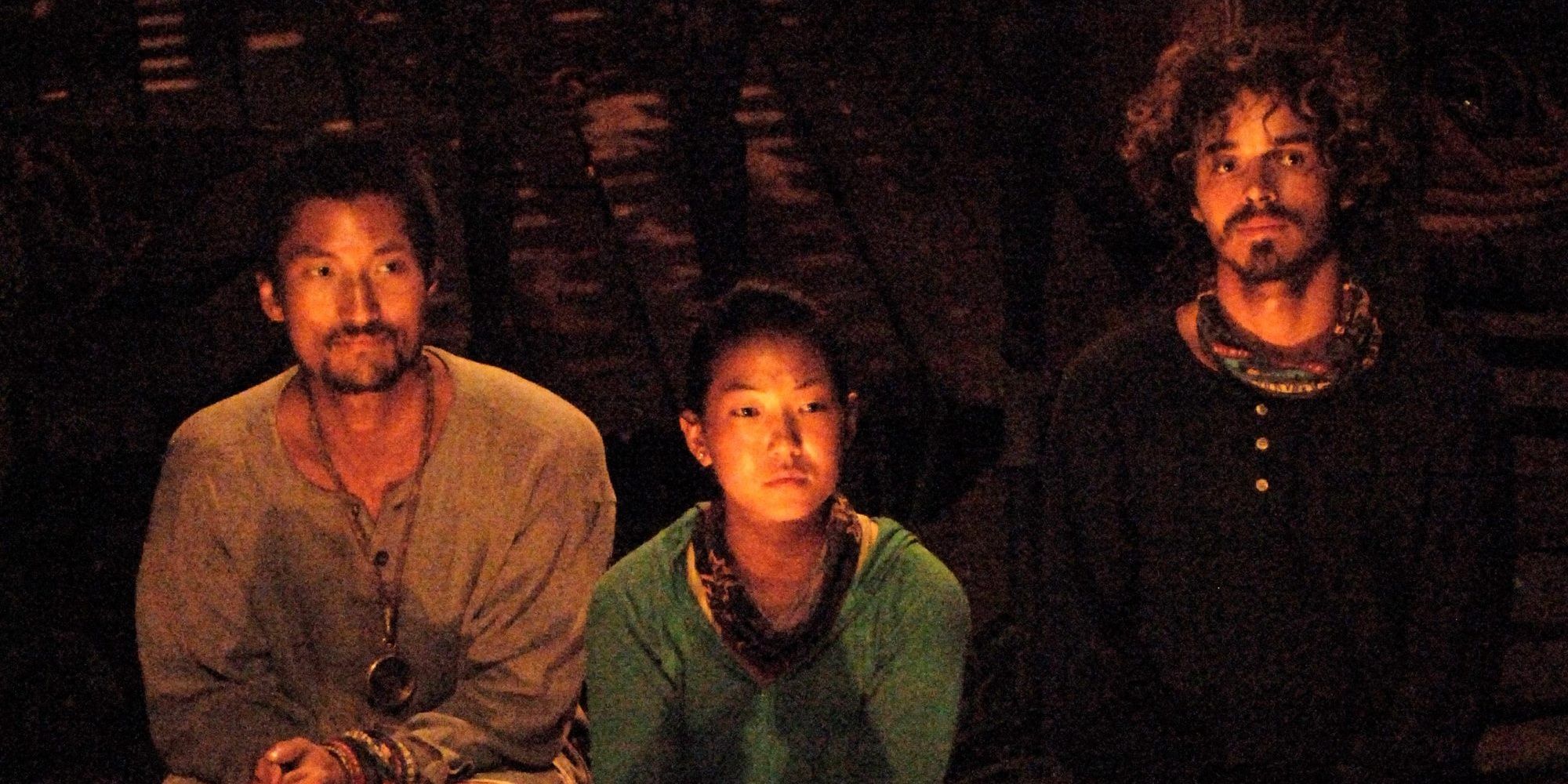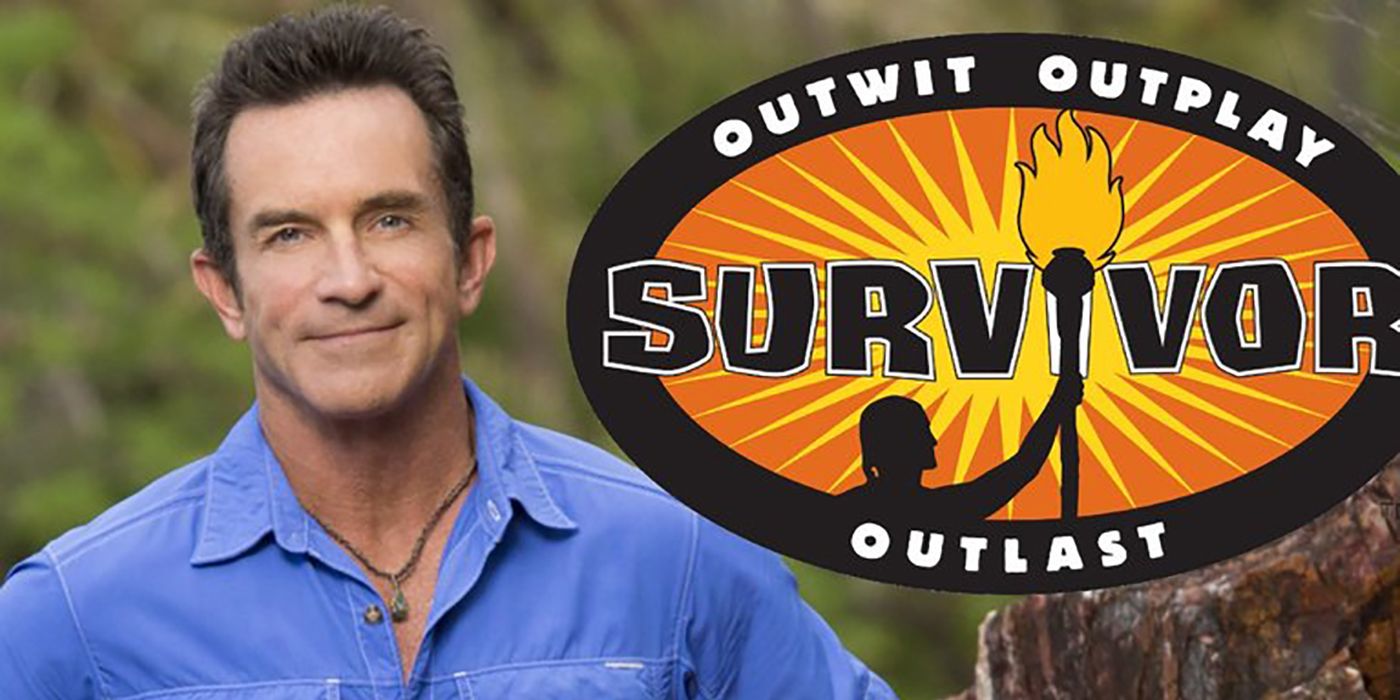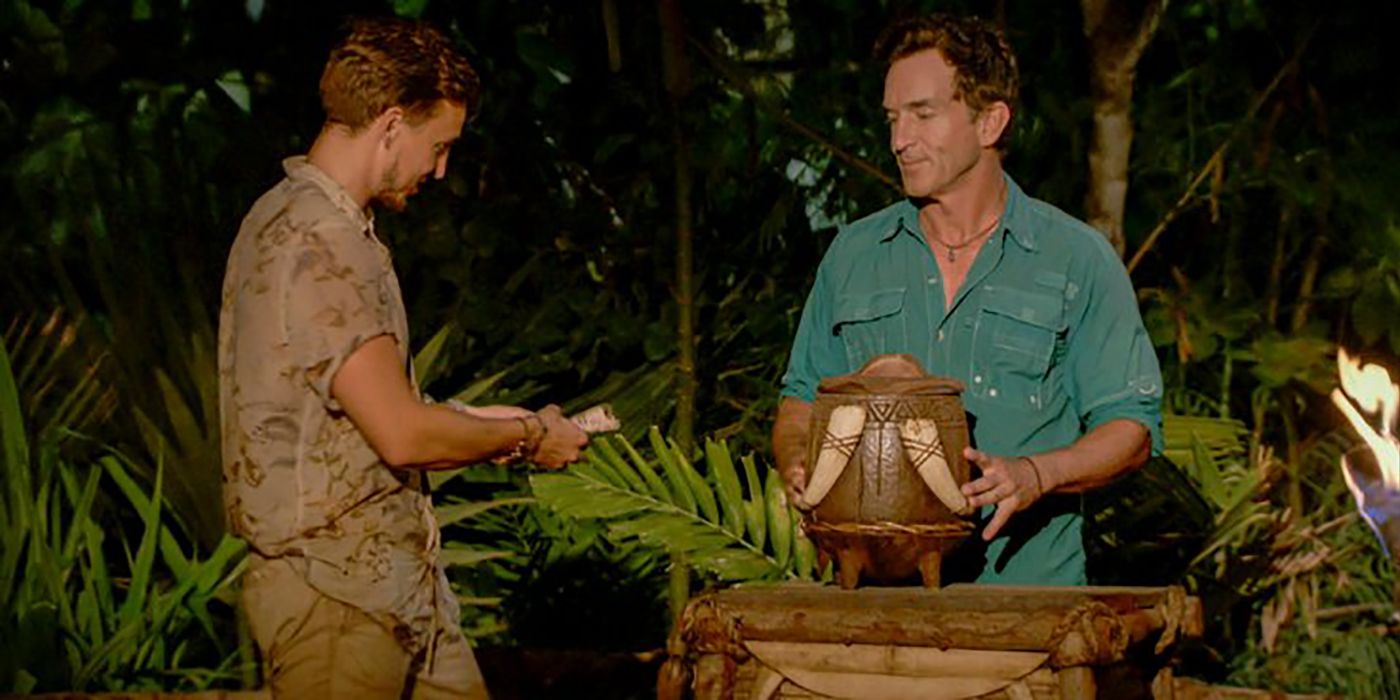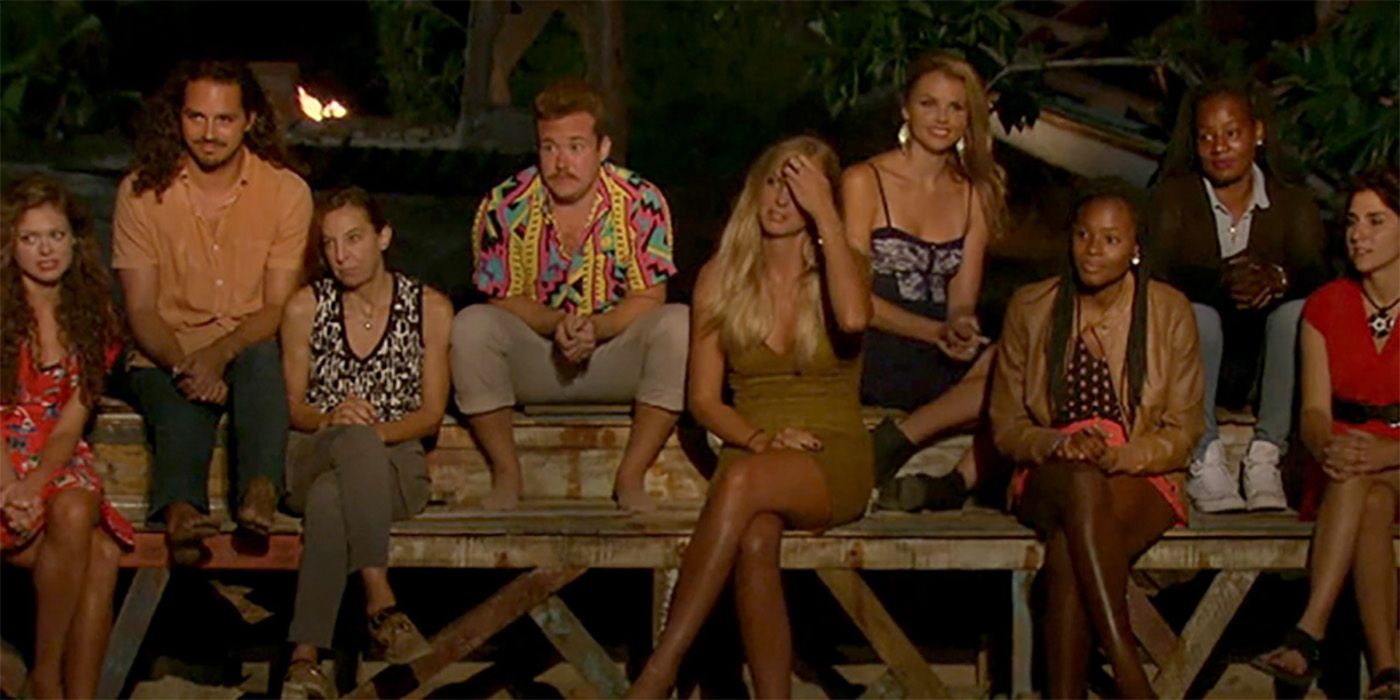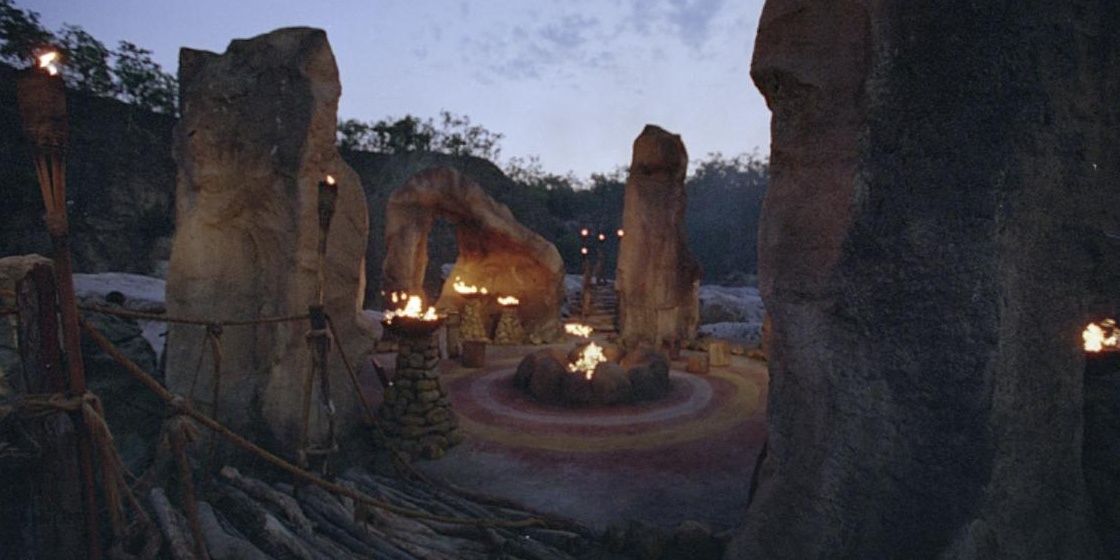Survivor is one of the longest-running reality competition series on television, and one that still remains popular to this day. It's amazing to consider that the first season premiered in America in 2000, 21 years ago. With a total of 40 seasons under its belt and no signs of slowing down, the show has remained a constant in viewers' lives.
It has filmed all over the world, in fun locations like Australia, The Amazon, and, most recently, Fiji. But while the series itself has been pretty constant, it could definitely use some reinvention. That said, some elements of how the game works have indeed changed.
The Same: Forming Alliances
Since day one, the concept of forming alliances has been central to the show. It's human instinct to find like-minded people you can trust and gravitate to them. Two heads are better than one, as they say, and a dominant group can get players far in the game.
This was something that was discovered early on, and to this day, alliances still remain critical. While in the first seasons, it took a little longer for them to form, now, as soon as players enter the island, they are already scooping out others and trying to sneak away to have clandestine conversations with people they want to work with.
Changed: Themed Tribes
The first season began with just a group of people from all walks of life, mixed together into tribes. But over the past few years, the show has changed things up by creating various themed tribes. Whether it's by age and generation, social status, intelligence, or even, controversially, ethnic groups, Survivor has tried just about everything.
It has shaken things up to make the game more interesting, such as in the heroes vs. villains season that featured returning players who fit into either category. It also serves as a clever social experiment to see if there's any truth to the idea that those with greater physical abilities have a better chance at winning than those with higher levels of intellect, or vice versa.
The Same: Challenges
Challenges have been at the heart of the show since the beginning, putting players to the test in a variety of ways. They involve physical competitions, endurance, and puzzles.
While there used to be a food challenge that saw players eat delicacies from the country they were in, often including things like bull testicles or live bugs, the food challenge hasn't appeared in a while. Nonetheless, the idea of challenges, in general, remains the same.
Changed: Immunity Idols
The first season did not include Immunity Idols, which have now become a critical part of the game. Players now go on the hunt as soon as they arrive at camp, looking for the hidden Idol they know is somewhere at camp and will offer them protection and safety against a vote. When someone ends up being sent home with an Idol in their pocket, it goes down as an embarrassing moment in Survivor history.
Because players know how the game works now and can forge alliances and plan their attack way in advance, Idols create a twist and challenge that didn't exist before. It even leads to wild strategies like the creation of fake idols.
The Same: Conflicting Personalities
Each season sees a mix of conflicting personalities, from the loud and obnoxious to the bossy to the lazy. The same was in the first season, where there was conflict among people who didn't get along.
It goes without saying that even with a group of people who are all alike, not everyone will get along. But combine a group of people who are all very different, from very different social classes, states, and political or religious leanings, that conflict will always arise.
Changed: Tribal Council
The existence of the Tribal Council is what really helped Survivor gain a lot of attention. The catchphrase "your tribe has spoken" has become part of modern-day vernacular and is often spoke to someone who is being ostracized, often in jest.
However, while host Jeff Probst has always spoken the exact same words at tribal council when someone has been voted out, the way tribal council goes down has changed dramatically. Most notably, in the latest seasons, there has been a lot of last-minute decisions, whispered conversations, and even people getting up and talking in other peoples' ears about a potential switch in plans. That never happened in the first season.
The Same: Jeff Probst
From day one until the present day, Jeff Probst has always been the charismatic, likable, entertaining, motivating, and sometimes antagonizing host.
He introduces every challenge, talks to the tribe members about how things are going, and even gives advice every now and then. Probst has become synonymous with Survivor, so while many things about the show have changed, he remains the most solid constant.
Changed: Complex Blindsiding
Blindsiding did, in fact, begin in the first season of Survivor when Sue, Kelly, and Rudy plotted to secretly vote out Gretchen. It shocked her when the votes were read and thus became the first "blindside."
But today, the idea of blindsiding has become so much more complex. With Immunity Idols in play, special powers, larger and more tribes, it's not quite as easy to pull off a simple blindside. Blindsides now involve several alternative plans, back-up plans, and back-ups for the back-ups, which has, in turn, led to those chaotic Tribal Councils.
The Same: The Jury
The idea of the jury has always been the same from the beginning: the last people to be voted out make up the jury that listens to the conversations at each tribal leading up to the end, asks questions at the final tribal council, and votes on who they want to win.
For season one, and through to season 12, there were only seven jurors, while in season 40, there were 16. The numbers have fluctuated between these two through the seasons.
Changed: Final Tribal Council
There have been two big changes to Final Tribal Council. The first is that there are now three people sitting in the finals versus two, which was the case in season one when Richard Hatch was deemed the winner.
Second, while the winner was crowned immediately on the island in season one, that isn't the case in later seasons. For the last several seasons, the votes aren't read until after the season airs where everyone reunites in a studio for a live event and the winner is named.

